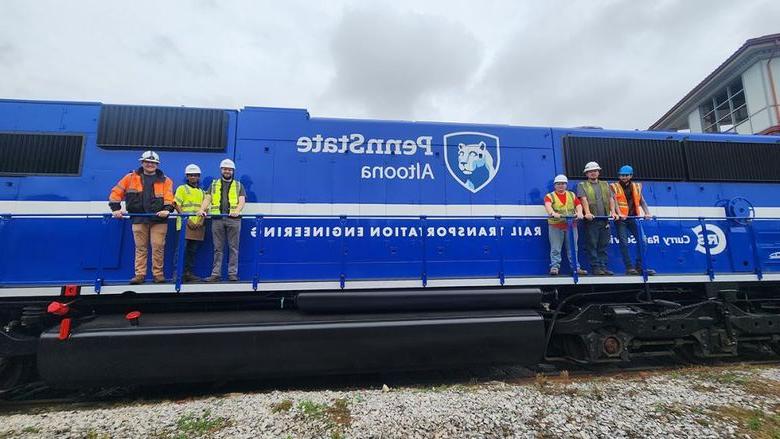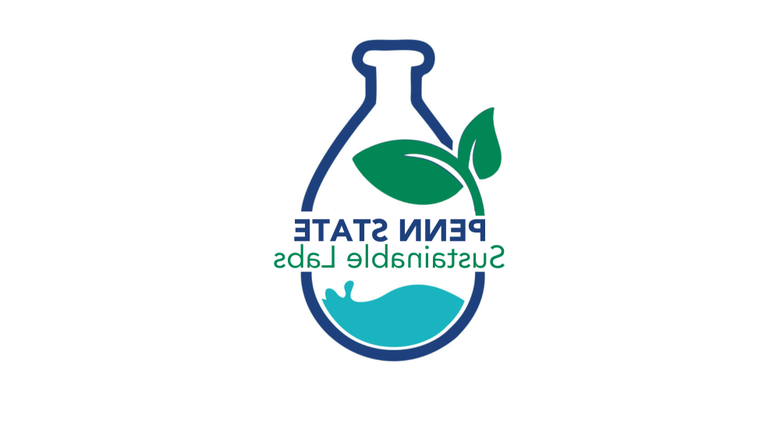Undergraduate research is a high-impact practice in higher education that has a myriad of benefits for students who engage in the practice. Studies have found that participating in undergraduate research correlates with:
- higher baccalaureate cumulative grade point average,
- increased likelihood of graduation within five years,
- higher rate of entrance into graduate school,
- gain of transferable skills (e.g., critical thinking, communication skills),
- solidifying a career path, and
- the opportunity to share results via publications, presentations, and public exhibitions (Gilmore et al., 2015; Carter et al., 2016), increasing marketability for future employment and graduate programs.
Importantly, the above outcomes disproportionately benefit students in traditionally underrepresented and marginalized groups (e.g., Madan et al. 2013; Stanford et al. 2017).
At Penn State Altoona, we acknowledge that opportunities to engage in undergraduate research have been exclusionary and pathways to get into research opportunities are unclear. Therefore, most students engaging in research are those who have been previously mentored about research, are in the honors program, get recruited by a professor in class, or get involved by happenstance. Additionally, in the Office of Research and Engagement at Penn State Altoona, our campus data on student research involvement indicate that Black and Indigenous people of color and first-generation college student representation and inclusion is disproportionately low.
As such, we are framing undergraduate research through the lens of equity by attempting to understand and ameliorate exclusionary practices that restrict access to research opportunities. We strive for all our students to gain the benefits from an undergraduate research experience.
Diversity, Equity, and Inclusion in the Office of Research and Engagement at Penn State Altoona
Committee on Diversity, Equity, and Inclusion in Undergraduate Research (DEI in UR)
The DEI in UR committee at Penn State Altoona has a deep commitment to broadening student representation in research and removing exclusionary practices that restrict access to undergraduate research opportunities. The committee’s mission is to remove barriers to participation in the research endeavor and enculture students into research as soon as possible, so they may gain the most benefits from the experience. We also recognize and value that diverse teams are more innovative and can role model possibilities for our underrepresented students (e.g., Díaz-García et al. 2013, Nathan and Lee 2013). As such, the committee is intentionally comprised of faculty from diverse and minoritized groups (racial, ethnic, gender, sex, sexual orientation, and first-generation). Students are welcome to directly contact any committee member for information on how to get involved.
Current committee members
- Danielle DelPriore (Psychology); LGBTQA+, female (she/her/hers)
- Lara LaDage (Biology); First-generation college student, LGBTQA+ community, female (she/her/hers)
- Amir B. Marvasti (Sociology); Middle Eastern American, first-generation college student, male (he/him/his)
- Kelly Munly (Human Development and Family Studies, with emphases in Aging, the Intersection of Aging and Disability, Intersectionality and Critical Theory, and Student-Centered Pedagogy); Female (she/her/hers)
- Fabricio Saucedo (Kinesiology); Mexican American, (He/him/his)
Student Pathways to Undergraduate Research (SPUR)
The Student Pathways to Undergraduate Research (SPUR) program at Penn State Altoona is geared towards students who do not know much about, or do not know how to get involved with, undergraduate research. The SPUR program intends to explain the benefits of undergraduate research, expose students to undergraduate research activities, and help facilitate involvement in undergraduate research. SPUR events are advertised broadly and open to any student in any major. For additional information on events, please contact the Undergraduate Research Coordinator at [email protected].
Rainbow Science Network (RSN)
Research demonstrates that the quality of STEM research increases with the diversity of research groups (e.g., Hong and Page 2004; Park et al. 2021). It is also well-documented that there are significant barriers to the participation, progress, and retention of students from underrepresented sexual orientation and gender identity groups (LGBTQ+) in STEM research. The purpose of the RSN program is to improve Penn State STEM research by fostering a climate that encourages participation by LGBTQ+ undergraduate researchers. Through this initiative, prospective undergraduate students can readily identify research groups where faculty members have received training in LGBTQ+ issues and are committed to fostering a fully inclusive research environment.
If you are interested in joining the RSN and have successfully completed both the Foundations Workshop and the Transgender & Gender Inclusion 101 Workshop through the Center for Sexual and Gender Diversity, please contact the Undergraduate Research Coordinator at [email protected] to be added to the list.
Current RSN faculty at Altoona
- Lara LaDage, Biology


